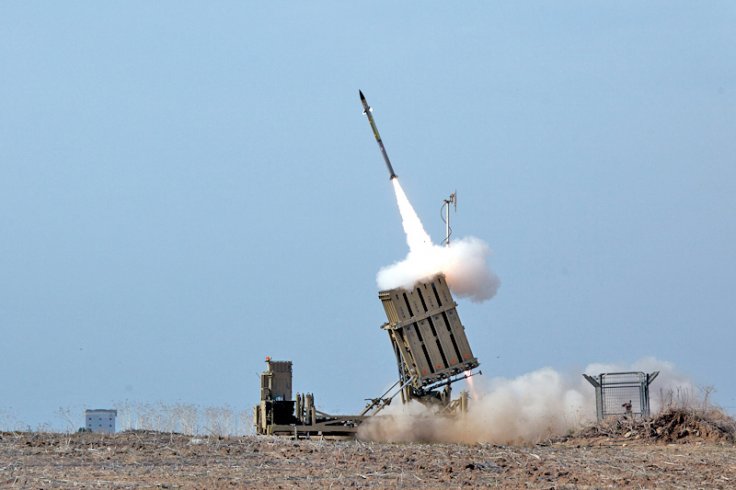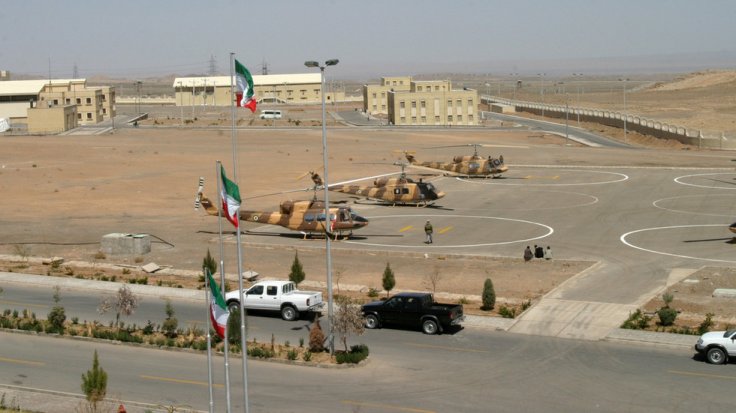The Middle East tensions escalated on Thursday when a Syrian missile landed close to Israel's strategic Dimona nuclear facility. While it is not clear if the Syrians targeted the Israeli nuclear plant, Israel launched a counter offensive, hitting a strategic Damascus suburb with missiles in retaliation.
The missile attack deep inside Israel came days after an Iranian analyst published an article in Kayhan newspaper saying that Iran and its allies must target Dimona. The analyst, Sadollah Zarei, said nothing short of an attack on Dimona is a fitting reply to the attack on Iran's Natanz nuclear facility last week. "This is because no other action is at the same level as the Natanz incident," the analyst wrote, according to the Haaretz.
'Surface-to-Air Missile Fired From Syria'
The Israeli military said a surface-to-air missile exploded some 30-km near the Dimona nuclear site. "A surface-to-air missile was fired from Syria to Israel's southern Negev ... In response, we struck the battery from which the missile was launched and additional surface-to-air batteries in Syria," the Israel Defense Forces said.

The army confirmed that the missile was fired towards Israel from Syria. The Jerusalem Post further reported that the missile was fired from the city of Daraa in southern Syria.
Israel Hits Pro-Iran Militia Bases Near Damascus
Israel launched a retaliatory strike against Syria following the missile hit, targeting places around Damascus that are believed to be bases of pro-Iranian militia. Tel Aviv said it took down several Syrian missile batteries in the attack. Meanwhile, Syria said its air defence system intercepted many of the Israeli missiles. The administration also confirmed that four Syrian soldiers sustained injuries in the Israeli attack.
Iran's purported plans to make nuclear weapons following the collapse of the nuclear past with the West has raised concerns in Tel Aviv of late, resulting in an escalation in attacks and acts of sabotage. Though Israel has not acknowledged it has atomic weapons, the Jewish state is believed to possess between 100 to 300 nuclear warheads.
Attack on Natanz
A little over a week ago, Israel's Mossad launched a crippling cyber attack on Iran's Natanz nuclear facility. The alleged attack by the Israeli spy agency caused extensive damage to Iran's most priced uranium enrichment facility. While Prime Minister Benjamin Netanyahu summoned a session of the security cabinet even as tensions between Tehran and Tel Aviv flared, Iran said the attack was an act of terrorism.

The Israeli attack on Natanz happened immediately after Iran said Iran said it was launching as many as 150 new uranium enrichment centrifuges at Natanz. A similar attack in last July, which was carried out by Israeli' cyber warfare agencies, had damaged about 1,000 centrifuges at Natanz.
Israel did not claim responsibility for the attack but arch foe Iran said it would retaliate against the brazen attack on its key nuclear installation.








